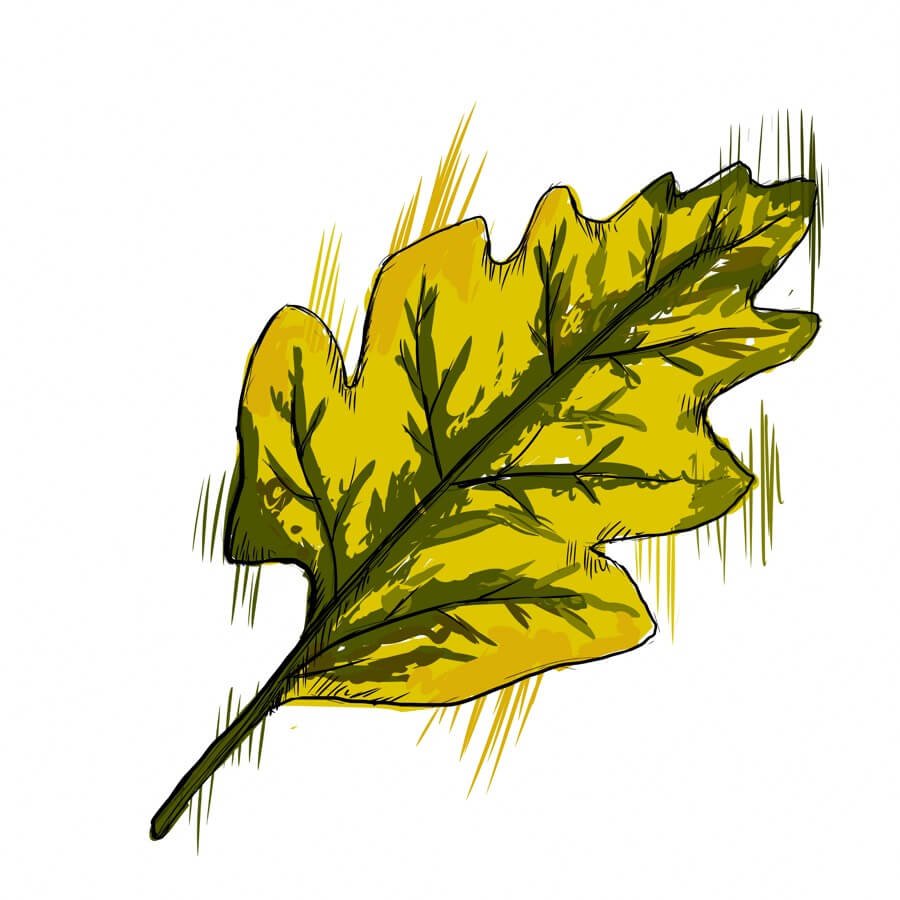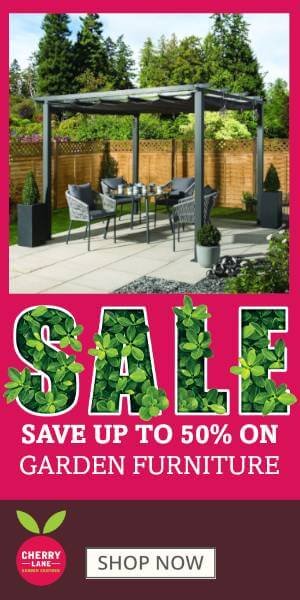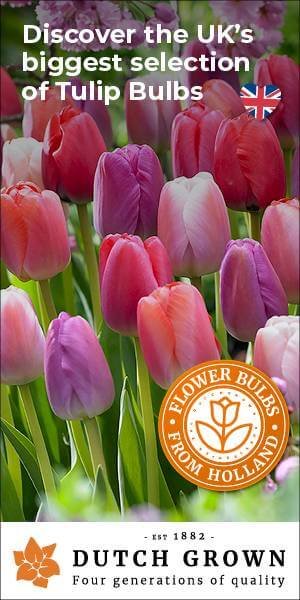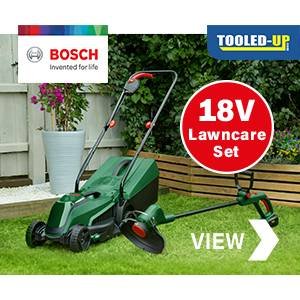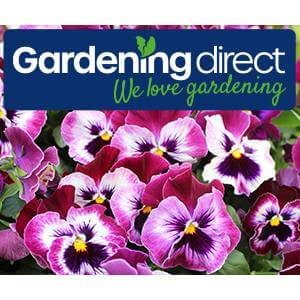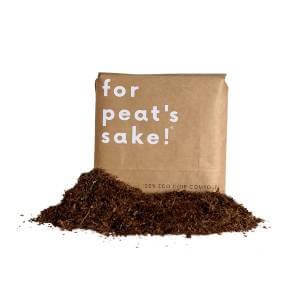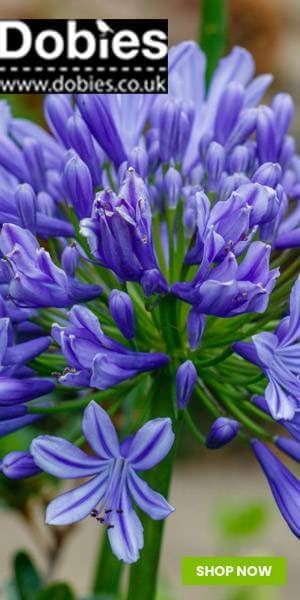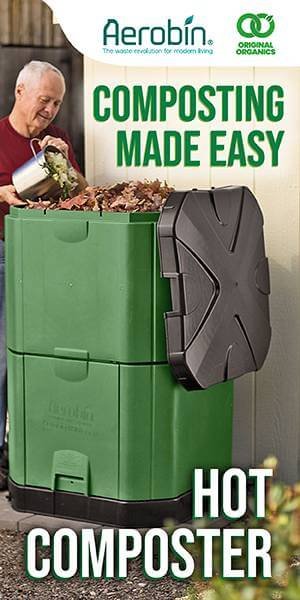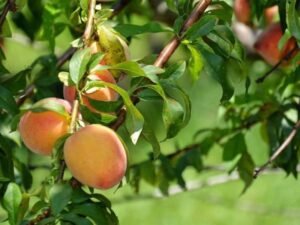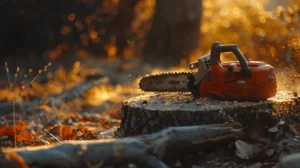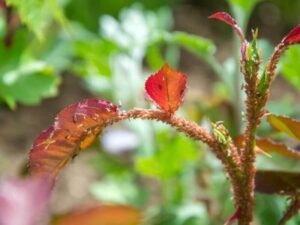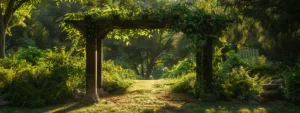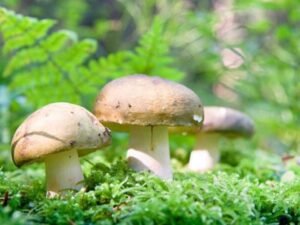Magnesium is an essential macronutrient for plant growth and development. It plays a vital role in photosynthesis, energy transfer, and other metabolic processes. However, like most nutrients, an excess or deficiency of magnesium can be harmful to plants.
In this article, we will discuss magnesium deficiency in plants, including its causes, symptoms, and treatment.
Causes of Magnesium Deficiency
Magnesium deficiency in plants is often caused by one or more of the following factors:
Soil pH: Soil pH affects the availability of magnesium to plants. Low pH soils (acidic) tend to have low magnesium availability, while high pH soils (alkaline) tend to have high magnesium availability.
Low Magnesium Content in Soil: Some soils have naturally low magnesium content, which can lead to deficiency in plants if not supplemented with fertilizers. Sandy soils are often low in magnesium as it is leached out easily.
Poor Soil Drainage: Poor soil drainage can result in excess water around roots and disruption of nutrient uptake by the roots.
Fertiliser Imbalance: Excessive use of potassium fertilisers can cause magnesium deficiency as potassium competes with magnesium for uptake by the plants.
Symptoms of Magnesium Deficiency
Magnesium deficiency symptoms may vary depending on the plant species, but these are some common symptoms to look out for:
Yellowing Leaves: Leaves tend to turn yellowish, starting from the tips and spreading towards the base of the plant. The veins of the leaves may maintain their green colour.
Interveinal Chlorosis: Interveinal chlorosis is when the area between the veins turns yellow while the leaves usually remain green.
Leaf Curling: Leaves may start to curl and dry up at the edges.
Stunted Growth: Magnesium deficiency also affects plant growth and may result in stunted growth of the plant.
Treatment of Magnesium Deficiency
The best course of action to treat magnesium deficiency is to address its underlying cause. If the cause is magnesium deficiency due to poor soil content, supplementing the soil with magnesium-rich fertilisers is recommendable. Epsom salt (magnesium sulfate) can be added to water and applied through watering.
If soil pH is low (below 6.0), liming (addition of limestone) can raise the pH, and in the process increase magnesium availability. Additionally, avoid excessive potassium fertilisation if that is the cause of magnesium deficiency.
Conclusion
In conclusion, magnesium is an essential nutrient for plant growth and development. Magnesium deficiency symptoms in plants include yellowing of leaves, interveinal chlorosis, leaf curl, and stunted growth. If magnesium deficiency is suspected, it’s essential to evaluate plants’ soil, pH, and fertilisation. Addressing the cause of deficiency can prevent extensive damage to plants and restore their health.
Magnesium Deficiency FAQs
Here are some frequently asked questions about magnesium deficiency in plants:
Q: What is magnesium deficiency in plants?
A: Magnesium deficiency in plants occurs when plants do not receive sufficient magnesium, a vital nutrient necessary for their growth and development.
Q: What causes magnesium deficiency in plants?
A: Magnesium deficiency can be caused by factors such as low magnesium content in the soil, high-pH or low-pH soils, poor soil drainage, and excessive use of potassium fertilisers.
Q: How can I identify magnesium deficiency in my plants?
A: Look out for yellowing leaves, interveinal chlorosis (yellowing between leaf veins), leaf curling, and stunted growth as common symptoms of magnesium deficiency in plants.
Q: Can magnesium deficiency be treated?
A: Yes, magnesium deficiency can be treated. The best approach is to address the underlying cause. This may involve supplementing the soil with magnesium-rich fertilizers or adjusting soil pH. Epsom salt (magnesium sulfate) can also be used as a remedy.
Q: How can I prevent magnesium deficiency in my plants?
A: To prevent magnesium deficiency, ensure your soil has adequate magnesium levels. Regularly test your soil and use magnesium-rich fertilisers as needed. Avoid excessive use of potassium fertilisers, as they can compete with magnesium uptake by the plant.
Q: Can I use foliar sprays to provide magnesium to plants?
A: Yes, foliar sprays can be used to provide a quick boost of magnesium to plants. However, foliar application should not be the sole method of magnesium supplementation, as plants primarily absorb magnesium through their roots.
Q: Are there plants that are more susceptible to magnesium deficiency?
A: Yes, some plants are more vulnerable to magnesium deficiency than others. Examples include tomatoes, peppers, citrus trees, and roses. It’s important to monitor these plants closely and provide appropriate magnesium supplementation if necessary.
Q: Can I overdose my plants with magnesium by adding too much fertiliser?
A: While magnesium is essential for plant growth, excessive amounts can be harmful. Over-fertilisation with magnesium can lead to nutrient imbalances and toxicity. It’s important to follow the recommended application rates for fertilisers and regularly test your soil to avoid over-dosing your plants with magnesium.

